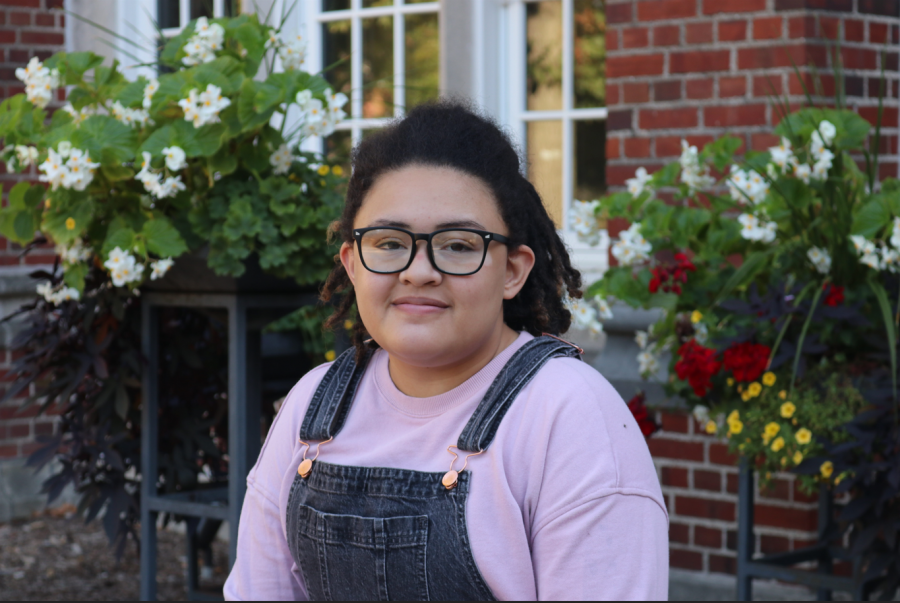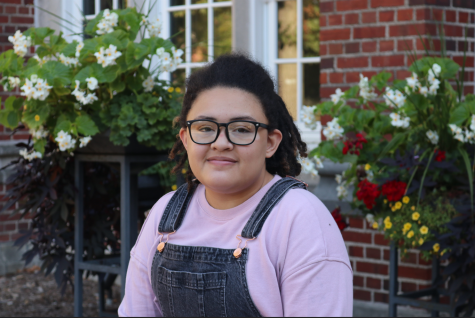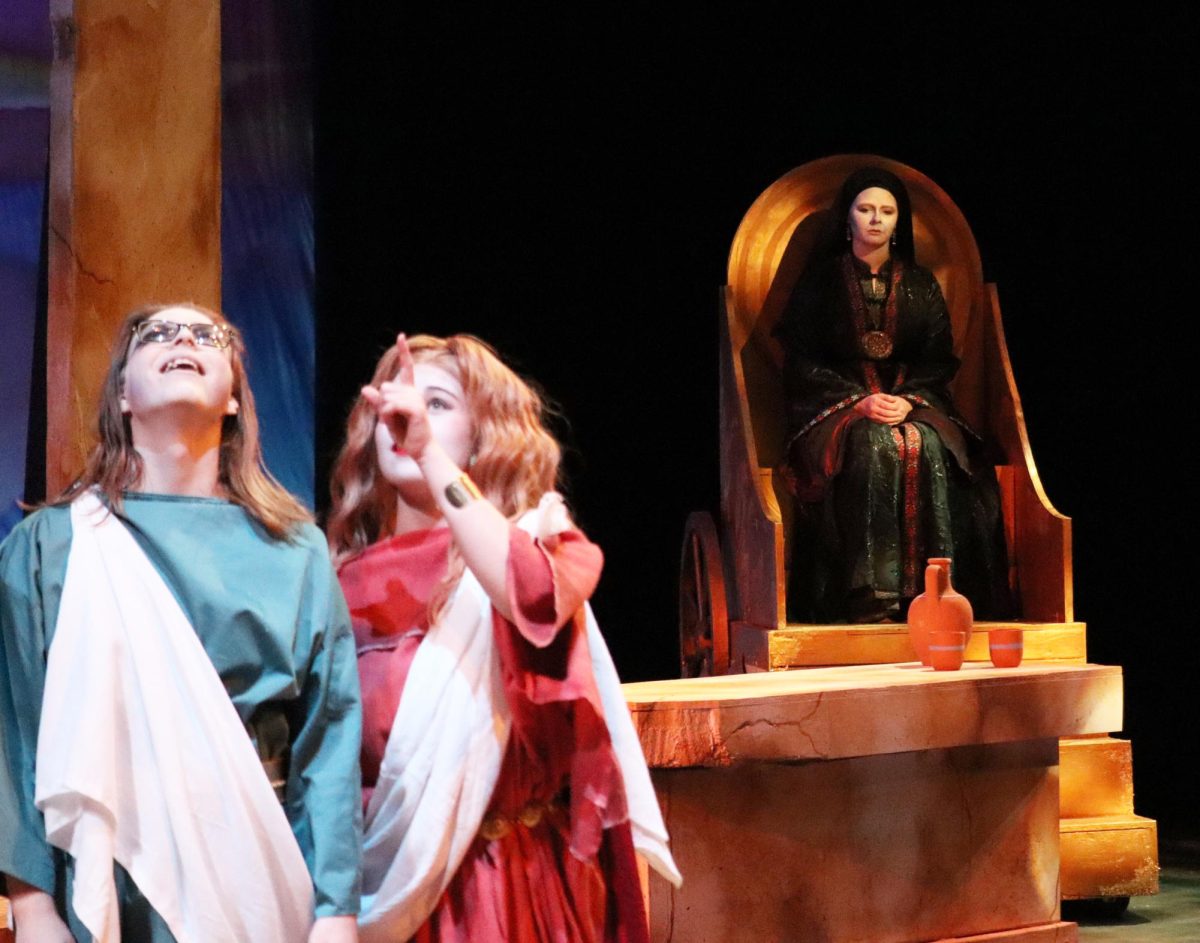Review: “Don’t you wish you were here:” on The House in the Cerulean Sea
October 6, 2021
While being an English major does allow for interesting reads, it’s been years since I read something on my own for fun. However, my goal for 2021, was to change this and get back into reading.
Topping my list of reads for this year was “The House in the Cerulean Sea” by T.J. Klune, and I have to say it was the best possible way to kick things off. My impressions are generally positive, and my few criticisms are largely part of a broader issue with fantasy. But first, for the uninitiated, a blurb:
Linus Baker is good at his job. As a caseworker for the Department in Charge Of Magical Youth, he inspects government-run orphanages for magical children, and his findings can ultimately determine whether the orphanage he is inspecting stays open or gets shut down. He’s so good at his job, in fact, that Extremely Upper Management assigns him to a particularly sensitive case: an orphanage on Marsyas Island that is home to six unique children, including the Antichrist, and is run by the mysterious, protective Arthur Parnassus.
To begin with, there are plenty of things to love about this book. The whimsical language combined with Linus’ dry humor had me charmed by the end of the first chapter. The pacing and worldbuilding felt natural and immersive, even when things were at their most absurd, which added so much fun it was hard to put the book down.
If you’re looking for LGBTQ representation, this is really a satisfying and heartwarming read, especially for the adult crowd. It often feels like LGBTQ romances, Achillean romance, in this case, are written with younger leads and younger audiences in mind. Linus is middle-aged, and his love interest Arthur is older, making this a refreshing read. If you’re a lover of semi-slow burns and the “clearly in love”/“completely oblivious” dynamic, then I really think you’ll enjoy this one.
As much of a delight as “The House in the Cerulean Sea” was, there are things to keep in mind before giving it a read. Before continuing, there are two important things to note here: first, a reminder this is a non-spoiler review, so I will try to keep the language here as vague as possible. Second, while discrimination is a general theme in this story, as it is art (literature, in this case) interpretations of how this is presented and how effective the novel is at handling it has been subject to many conversations. What follows is purely my own conclusions after my personal reading and reflection, though I do encourage others to research the criticisms and counterarguments raised by other readers.
With that out of the way, for me, the driving force of the book’s narrative made use of fantasy racism, a trope wherein fantastic elements in a story are used as an allegory for real-world racism, such as discrimination against ogres and tieflings. It’s a long documented trope in the fantasy genre, so Klune is by no means the only author to engage it, and there are articles upon articles that have been written over the years debating its use and effectiveness.
Since this is the interpretation I’m reading from, there were moments I wish were handled better. Given Linus’ character development, for example, there are moments that come across with a savior complex, and the journey his character development goes on can be a source of frustration at best and a completely alienating experience at worst. There’s also quite a bit of idealism when it comes to handling issues of discrimination and systemic violence in the book, which occasionally brought my reading sessions to an annoying screeching halt.
In the end, I suppose that’s the problem. A lot of what makes the romance in “The House in the Cerulean Sea” great is the idealism, and the worldbuilding is wonderful in how it fully commits to a world of magic, leaning into the silly and the absurd at times. It brings heartwarming moments, sure to bring a smile to any reader’s face and just a general fuzzy feeling at the end of the book. But when it comes to the central conflict in the story, not even mentioning my specific issues with it, the idealism can make the important messages the novel tries to convey fall flat, not nearly committing as much. As a result, I think you can only really take it at face value as a surface-level exploration of social issues.
Overall, do I recommend it? Generally speaking, it tops my list of reads for this year, but it really depends on what you’re looking for in this book.
If you’re looking for a relatively lighthearted read, complete with a captivating magical world and heartwarming romance, then I cannot recommend this book enough. If you’re looking for a serious, deep interrogation of social issues, such as discrimination and systemic violence facing marginalized communities, then this isn’t the book for you.







